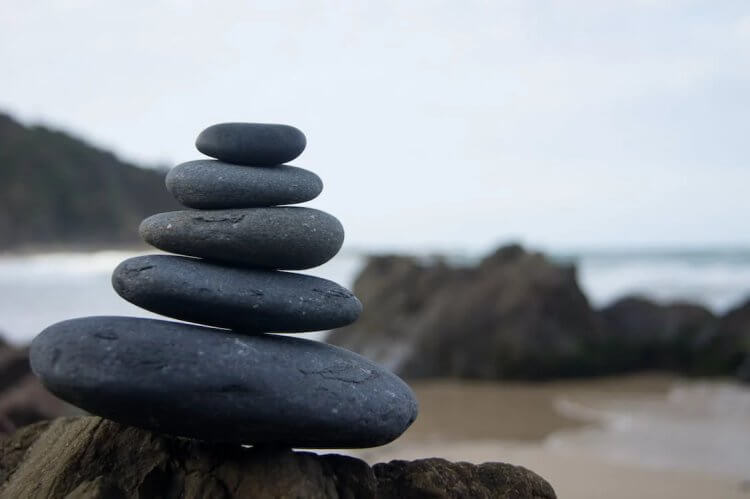The 9 to 18 work schedule is increasingly becoming a thing of the past. It may not have been the case before, but today we have learned to better understand the connection between work and health. We have a greater awareness of the place that personal life should take in everyday life. The term “work-life balance” speaks for itself – it means a sense of harmony between work and family life, and the absence of conflict between them. For example, if you have to work overtime, it can cause a work-life conflict that leaves you unable to fulfill your responsibilities at home and at work. That's when work-life balance is disrupted.
Achieving a healthy work-life balance is very important and depends equally on personal attitude and the right actions. Therefore, we have prepared recommendations to help you and your team achieve harmony in this matter.
Recommendations for Achieving Work-life Balance
Learn the value of balance
You may be surprised to learn that a good work-life balance is one of the things people want most. According to one study, employees are willing to accept a lower salary if they were offered a job at a company with a more humanizing attitude toward its employees. Putting personal circumstances on the back burner is a significant concession. At the same time, it is a clear indication that people no longer perceive work as the most important thing in their lives, but see it only as a means of achieving a certain standard of living. What does this mean for you and your team? Your colleagues need to know that you care about their interests not only at work but also at home.
Stop calling it “balance”
There is an increasingly popular view of work-life conflict that it is better to stop thinking of it as a delicate balance and instead think of it as life in general. For example, don't think that sending a few work emails on the weekend automatically takes away your weekend status as “free time.” Similarly, don't think that taking a break during the workday means you're not working.
Manage your time and energy
A workday is more than hours spent at your desk. Try a new approach to completing work tasks. Maybe you should start creating to-do lists. If you're a leader or manager, give your team the freedom to use different ways of working and managing tasks. Our energy naturally peaks and troughs throughout the day – don't expect your colleagues to be at a high level of productivity all the time. This way, you'll feel less stressed and more energized, and you'll be able to make the most of your time away from work.
Yaware.TimeTracker is an employee monitoring solution designed to help companies increase productivity and achieve better results.
Its powerful features allow employees to use the tools they need to do their job well, without violating their personal boundaries. Yaware allows managers to see what their teams are working on, stay in touch with their employees, help them when needed, and prevent overtime.
Try Yaware.TimeTracker for free right now to increase your business efficiency by 20% in the first month of use!
Plan for expectations
Planning your work week ahead of time will help you determine the time you can devote to your personal life. For example, if you plan to work to your limits every week, this can lead to setbacks, frustration, and emotional burnout. Set more realistic expectations for yourself to have more balanced energy for both your work and personal life.
The earlier you plan a day off, the better, even if you think you don't need it. Do it regularly.
Keep track of your space
Whether you work at home or in the office, you need to be aware of your surroundings. You may not be able to influence the design of the office, but you can do your best to keep your workspace clean and tidy. Likewise, when you return home, you should feel like you're in a place where you can relax and reduce stress. Don't keep work documents in your head and don't constantly check your work email on your phone. If you work from home as a freelancer, try to limit your office space to a room or desk that you can leave at the end of the day.

